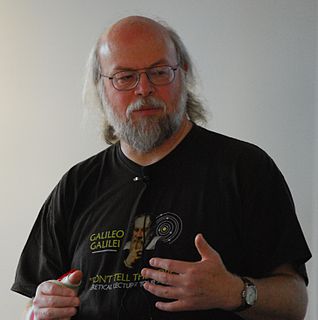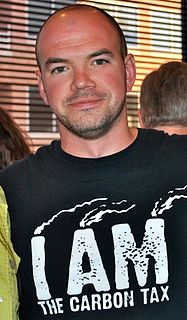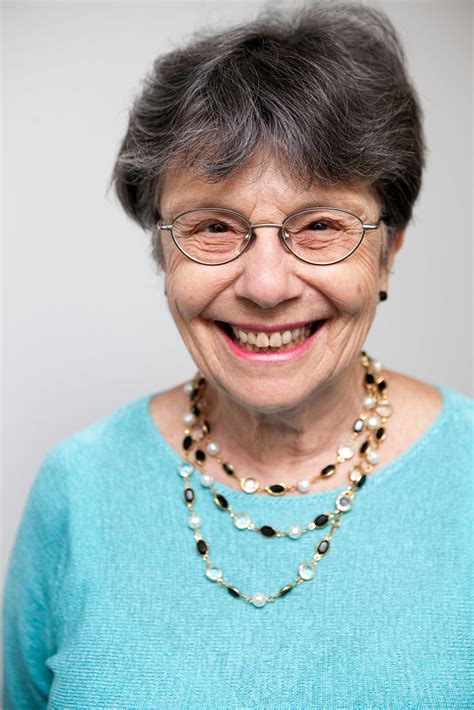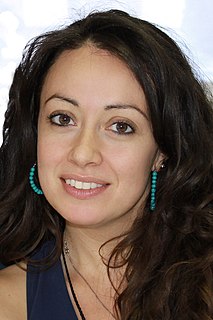A Quote by William Labov
An important aspect of the current situation is the strong social reaction against suggestions that the home language of African American children be used in the first steps of learning to read and write.
Related Quotes
African American children are significantly more likely to be obese than are white children. Nearly half of African American children will develop diabetes at some point in their lives. People, that's half of our children. ...We can build our kids the best schools on earth, but if they don't have the basic nutrition they need to concentrate, they're still going to have a challenge learning.
For African American children, in particular, the odds are extremely high that they will have a parent or loved one, a relative, who has either spent time behind bars or who has acquired a criminal record and thus is part of the under-caste - the group of people who can be legally discriminated against for the rest of their lives. For many African American children, their fathers, and increasingly their mothers, are behind bars. It is very difficult for them to visit. Many people are held hundreds or even thousands of miles away from home.
When I was a kid, I'd go to the African-American section in the bookstore, and I'd try and find African-American people I hadn't read before. So in that sense the category was useful to me. But it's not useful to me as I write. I don't sit down to write an African-American zombie story or an African-American story about elevators. I'm writing a story about elevators which happens to talk about race in different ways. Or I'm writing a zombie novel which doesn't have that much to do with being black in America. That novel is really about survival.
The founding American generations did something that almost no others have ever done. They read the fine print! They taught their children to read bills, laws, court cases, legislative debates, executive decrees, and bureaucratic policies. They read them in schoolrooms and at home....They said they would consider their children uneducated if they didn't read such things.
With a nonviolent movement we are still inviting a strong reaction from the government or ruling authorities. We are inviting a powerful reaction against ourselves. But it undermines the moral legitimacy of our current government. That is the path we need to pursue. Rather than reinforcing their legitimacy we need to undermine their legitimacy.
All of my history as an African-American woman, as a Jewish woman, as a Muslim woman. I'm bringing everything I ever knew, and all the stories I've read - everything good, strong, kind and powerful. I bring it all with me into every situation, and I will not allow my life to be minimized by anybody's racism or sexism or ageism.
I used to work for a non-profit organization where I worked as a mentor and a counselor to first-generation college student and they kept asking me 'What can I read to try to know what I'm about to be in for,' and while I did have some good suggestions, I figured... I don't know that that book is out there, and that's sort of why I had to write it.






































